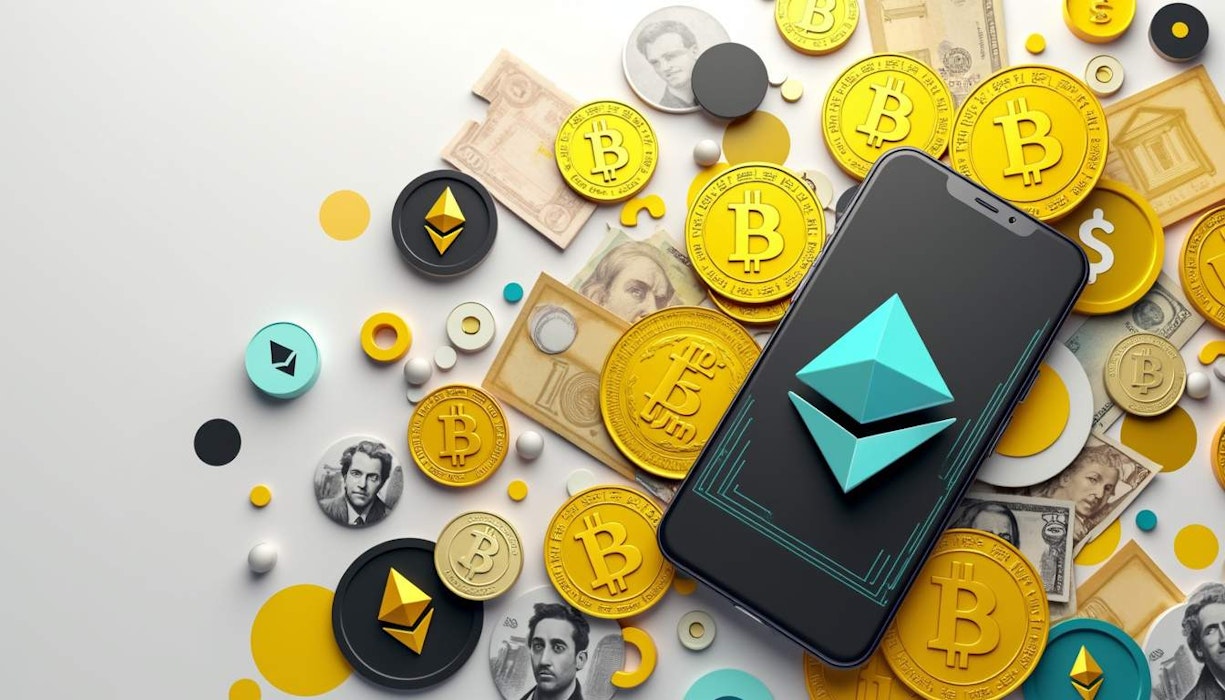Coin collecting has been around for ages, but with the rise of digital currencies, things are getting a bit more complex. Whether you're into traditional numismatics or the new wave of digital coins, knowing how to buy coins safely is essential. This guide aims to help you navigate both worlds while ensuring your purchases are secure and informed.
The Basics: What You Need to Know
First off, let's get one thing straight: coin collecting isn't just about stacking up shiny objects. It's about history, culture, and sometimes even art. Before you dive in headfirst, do yourself a favor and educate yourself on the types of coins you're interested in—know their history, design features, and what makes them valuable.
Traditional Coins
Even in our digital age, there's something timeless about traditional coin collecting. These physical pieces often have intrinsic value beyond just being collectible—they're tangible links to the past. And yes, there are such things as physical Bitcoins (think Casascius coins) that sit at the intersection of old-school and new-age collecting.
Digital Coins
Then we have digital currencies. Platforms for buying and trading these coins are popping up like mushrooms after rain. But here's the kicker: not all platforms are created equal. Understanding stablecoins versus traditional cryptocurrencies is crucial; while stablecoins aim to maintain a steady value by pegging themselves to more stable assets (hello US dollar), they come with their own set of risks.
Where You Buy Matters: Choose Wisely
One of the most important lessons I've learned is that where you buy can be just as important as what you buy. Always vet your sellers!
For Traditional Coins
If you're going the traditional route, make sure your seller is part of a recognized numismatic organization—these folks usually adhere to a code of ethics that helps keep everyone honest.
For Digital Platforms
When it comes to crypto exchanges, do your homework! Look for platforms like Coinbase or Binance; they're generally well-regarded because they employ robust security measures and are compliant with regulations. Pro tip: avoid platforms that sound sketchy or too good to be true.
Know Your Stuff: Grading and Authenticity
Understanding coin grading is non-negotiable if you're serious about this hobby. Familiarize yourself with terms like "MS-65" or "Proof", which denote specific conditions of a coin.
Verifying Authenticity
To protect yourself from purchasing counterfeit coins, always verify the coin's authenticity before making a purchase. Look for coins that have been graded and authenticated by reputable third-party grading services. These companies have strict standards and use experts to assess a coin's authenticity and grade.
Pricing 101: Don’t Get Ripped Off
Before pulling out your wallet (or credit card), make sure you know the current market value of whatever coin you're eyeing. Use price guides or check recent auction results for similar items.
Traditional vs Digital
For traditional coins, factors like rarity and historical significance will heavily influence pricing. Digital currencies? Well... let's just say it's a bit more chaotic out there.
Payment Methods Matter Too
Always opt for secure payment methods when buying online—credit cards or PayPal usually offer some form of buyer protection if things go south. And don't forget about shipping insurance; it’s crucial if you're dealing in high-value items!
Final Thoughts: Is Digital Coin Collecting Safer?
At this point, you might be wondering whether venturing into digital coin trading platforms could actually be safer than traditional methods given all we've discussed. As long as certain conditions are met—like using well-regulated exchanges that employ top-notch security measures—you could argue it's less risky than losing physical assets through theft or misplacement. So there you have it! Whether you're leaning towards traditional numismatics or dipping your toes into digital waters, just remember: knowledge is power!
